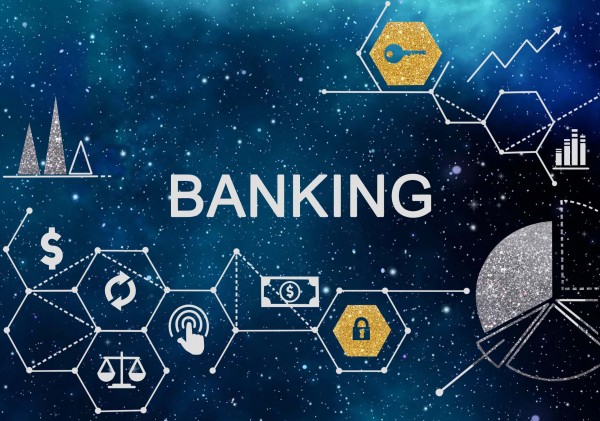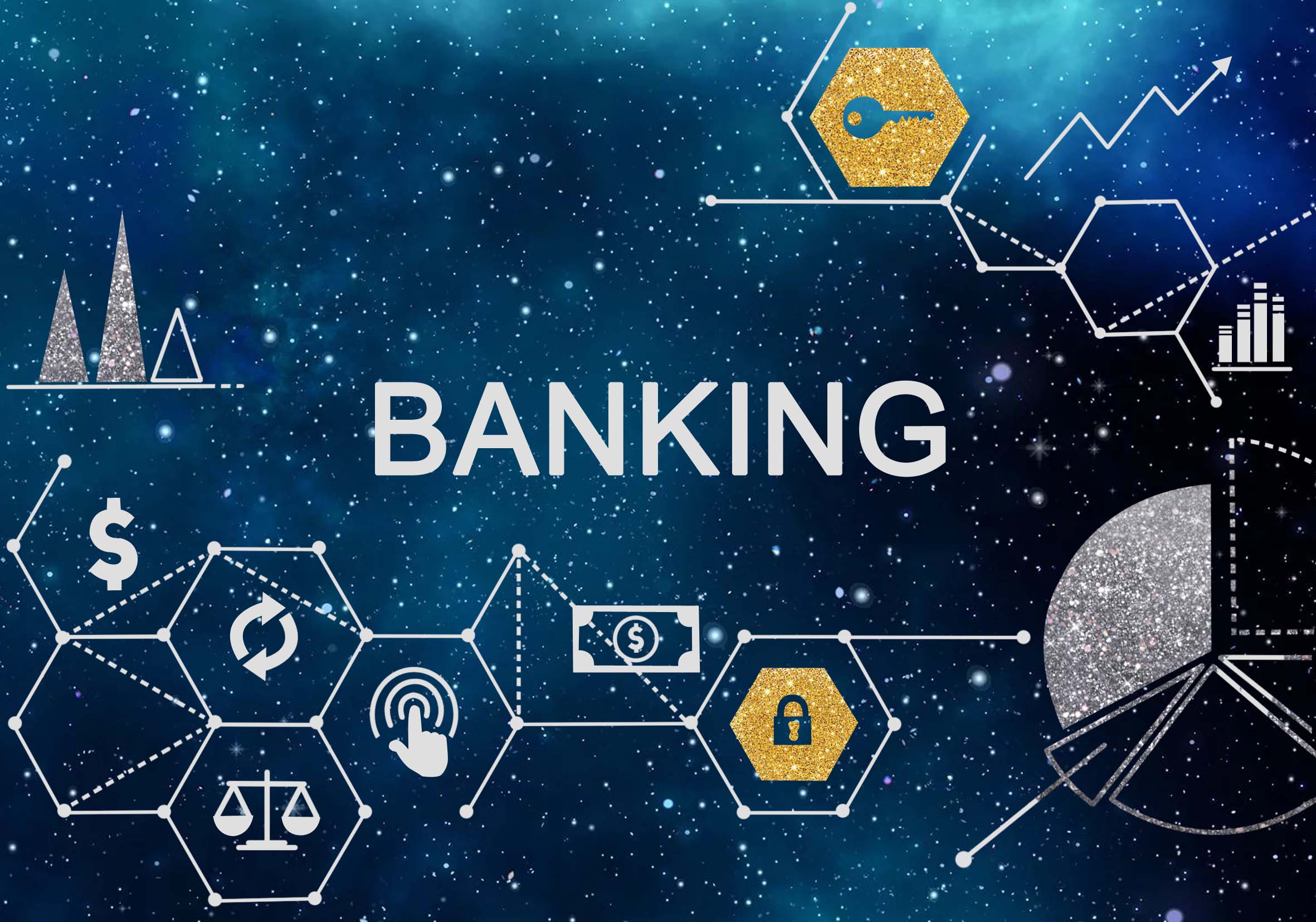Artificial intelligence continues to gain traction for banking and finance institutions. The remarkable benefits to banking and finance sector operations are being realized at a rapid rate, and now these sectors depend on AI to grow and advance and provide significant benefits. None more so than the risk department. It is becoming a game-changer in the risk department as technology helps to identify risk and fraud quickly and efficiently. AI demands high levels of accuracy. Therefore, it is no coincidence to find that customers are more likely to trust machines than humans due to the expectation that AI will accurately deliver on customer needs.
One of the key essentials for trust is whether AI can guarantee to improve upon risk and fraudulent procedures. We explain why AI is a good fit.

Identifying Risk Or Fraudulent Behaviour With Anomaly Detection
Risk behaviors can be easily tracked with AI. Manual risk strategies involve identifying and solving fraud and risk activity. Analysts performed rule-based systems that determine whether financial activities are considered a risk or fraudulent. Artificial Intelligence is simply better at detecting this. Through anomaly detection capabilities, AI can analyze and keep track of financial activity patterns and detect any pattern of activity that is deemed abnormal. Where patterns of behavior are considered fraudulent and a risk, AI can capitalize and instantly flag this activity. Anomaly Detection can integrate with predictive Analytics to determine customers who may be considered fraudulent and a risk. It takes the processing and learning of data sets where algorithm rules can be applied to determine what is constituted as a normal financial activity. Institutions may also consider applying risk scores to customers who are considered more of a risk than others.
Processing Data Equally And Fairly
Manually filtering through unstructured data can be extremely difficult for institutions who do not have any automation operations such as AI to filter through repetitive, duplicate, and biased data sets to conform to an accurate output. In this instance, algorithmic models can misbehave and deliver biased results. AI models are being used today to make sentencing decisions for criminals. AI models can only perform based on the data that is processed. Therefore, when data is filtered and processed fairly and equally, more trust will be forthcoming to use AI to make real-world decisions.
Reduce Cyberattacks
Artificial intelligence can also significantly reduce cyberattacks through insight analytics. Cybercrime is on the rise, and the criminals pose a threat to banking and finance institutions especially along with their customers. AI can use insight analytics to identify potential and upcoming threats and apply automation activities in place to swiftly respond to the attack. Cybersecurity activities can be separated into normal activity to better identify any of the cybersecurity activities act as it happens. Machine learning algorithms can spot, breakdown, and safeguard technologies and operations before the cyber-attack take place. AI can react to suspected attacks immediately and prevent these issues from disrupting operations.
According to Deltec Bank, Bahamas, “artificial intelligence has thrust upon the digital landscape over the last few years, and banking and financial institutions are seeing the benefits of better security and protection of customers, money, and products through the use of AI.” Banking and Finance institutions are confronted with risk and fraud cases every day. A survey found that 52% of institutions do not cover the cost of fraud risk management. However, digital technologies have evolved in a way that significantly identifies and reduces fraud and risks, whilst delivering a better quality of service, identifies abnormal activities and swiftly acts to prevent fraud and risk from disrupting operations.
Disclaimer: The author of this text, Robin Trehan, has an undergraduate degree in Economics, Masters in international business and finance and an MBA in electronic business. Trehan is Senior VP at Deltec International www.deltecbank.com. The views, thoughts, and opinions expressed in this text are solely the views of the author, and not necessarily reflecting the views of Deltec International Group, its subsidiaries, and/or employees.
About Deltec Bank
Headquartered in The Bahamas, Deltec is an independent financial services group that delivers bespoke solutions to meet clients’ unique needs. The Deltec group of companies includes Deltec Bank & Trust Limited, Deltec Fund Services Limited, and Deltec Investment Advisers Limited, Deltec Securities Ltd. and Long Cay Captive Management.
Media Contact
Company Name: Deltec International Group
Contact Person: Media Manager
Email:Send Email
Phone: 242 302 4100
Country: Bahamas
Website: https://www.deltecbank.com/

